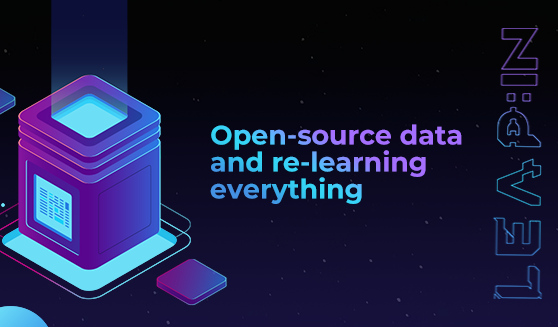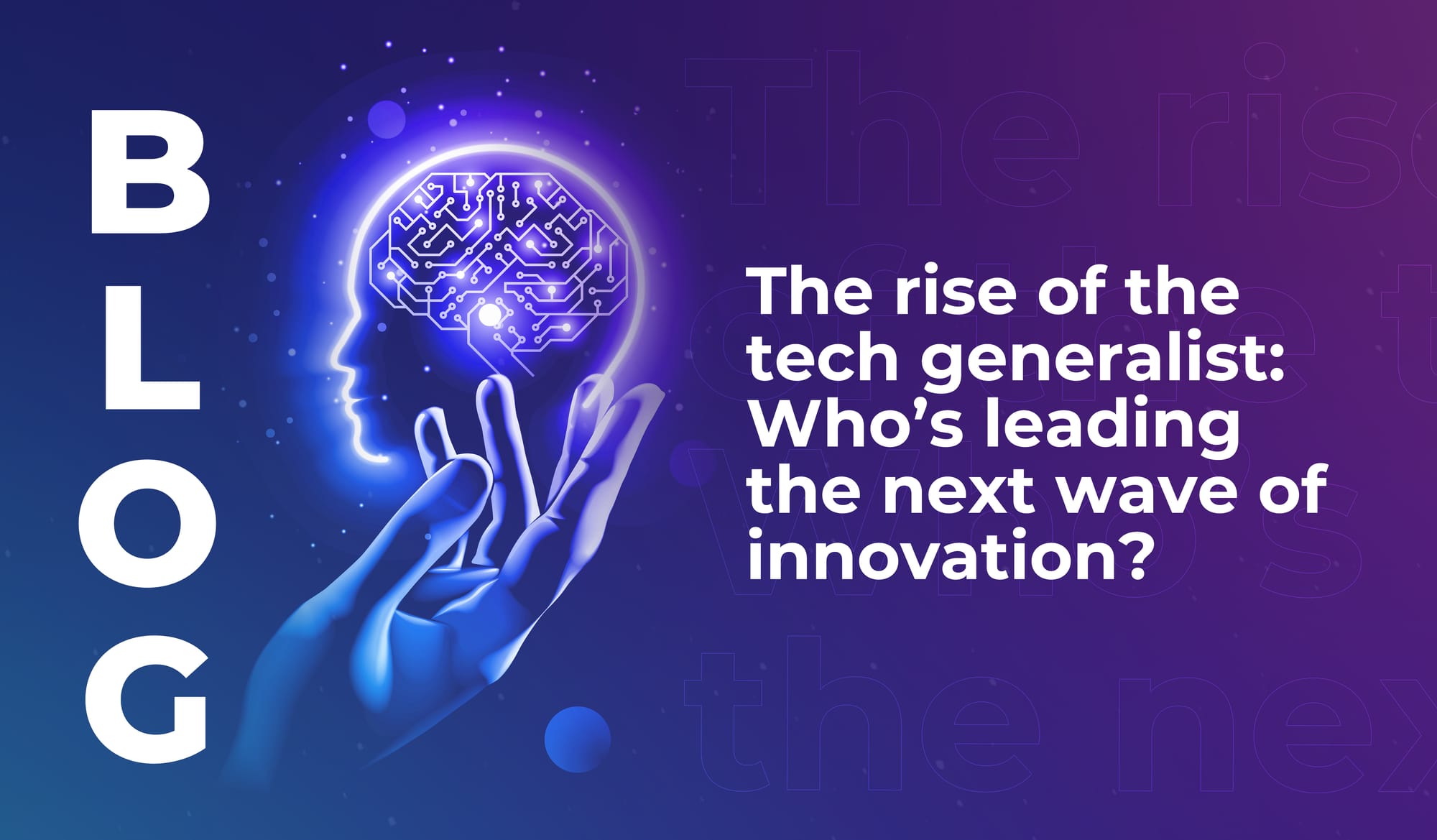
Tech careers with impact: The power of investing
If you’ve ever thought about becoming a tech investor, read this – learn why investors are the quiet force shaping the future of the industry.


It’s nearly time for #LEAP23. We’ve been catching up with our speaker line-up to get a first glimpse into the wisdom they’ll share in Riyadh this February – and it’s clear they won’t disappoint.
This week we’re quoting…
Ulrich Ahle (CEO at FIWARE)
What Ahle said:
“We strongly believe in openness, meritocracy, empowerment and fairness when it comes to global collaboration.”
We believe in that too
Ahle was speaking on a specific type of collaboration: the creation of open-source data models that enable everyone around the world to have an equal footing in terms of access to high quality data.
And the thing about this is that if access to data is equal across countries and cultures, then equality could grow in other areas too. Equal data = equal knowledge = equal opportunity.
Open data enables innovation
Open-source data is available to everyone, and you don’t have to pay to access it. This means that many more people can play with the data, experiment with it, and explore new ways of analysing it – which supports good research practices, diversity, and innovative breakthroughs.
Basically, more people get to contribute to solving a problem. And that can create pretty amazing results.
One example of this in action is NYC Open Data: a pool of datasets produced by numerous New York City departments. On the site, you can access the data itself – and you can also see the projects that have used that data so far. It’s clear that different innovators are using it for a wide range of causes; like this research on school bullying, and this map that allows citizens, architects and urban planners to see the data on building lots and zoning in order to jump-start building development projects.
It increases transparency
When data is freely available, both to different national governments and to citizens, it’s easier for everyone to understand what that data is being used for (and why). On top of that, it empowers more people to actually act on the data in a positive, impactful way.
We love the example of Mejora Tu Escuela: an open data platform developed by the Mexican Institute for Competitiveness. It displays details about the performance of different schools – information that was previously unavailable to families. This means they can compare institutions and choose the one that suits their children best.
The more profound result of this is that those choices then apply pressure to schools and the government to improve the education providers that aren’t doing as well as they could – making education better for everyone.
And it guards against corruption
Transparency leads to accountability. And where there’s accountability, there’s less corruption. Essentially, open-source data makes it harder for institutions and government bodies to lie to citizens, and makes it easier for them to show citizens when they’re doing good, meaningful work.
Certain organisations are working to boost the potential for anti-corruption through open data. Like:
Collaborative by conception
Open data is collaborative by its very conception. The point is to share.
And we all know sharing leads to good relationships and good ideas.
Read the interview: How open source data frameworks will drive global equality
This week we’re also quoting…
Dr. Abdulrahman Al Olayan (CEO at Dammam Valley)
What Al Olayan said:
“A single-lens perspective typically will not help us much in our work. Knowledge, experience, and a broad range of sources will put us in a better position in making the right decision.”
All your experience is relevant
If there’s one thing to take from these words, it’s that all your experience is relevant. But…we’re kind of trained out of thinking this, aren’t we?
When you apply for a job you highlight your relevant experience.
Gradually, as you move through your career and focus on a particular direction, the ‘irrelevant’ experience all drops off the end of your C.V. – you don’t want to waste anyone’s time talking about the things you’ve done that don’t directly relate to the thing you’re doing now.
And this isn’t bad. It’s important; but only up to a point.
What?
OK, we know we’re being a little vague here.
The point we’re making is this: everything you know, everything you’ve experienced, and everything you’ve done contributes to your understanding of your work, your industry, and your customers/clients.
And it’s worth remembering that. Don’t box yourself into a space in which you’re not free to use your knowledge and lean into your wisdom. Don’t be afraid to highlight your unique experiences, and your valuable, real-world perspectives.
As Marvin Minsky (American cognitive and computer scientist) famously said,
“You don’t understand anything until you learn it more than one way.”
So learn your thing. And then learn it again, differently.
Read the interview: Can biotech innovation support Saudi Arabia’s Vision 2030?

If you’ve ever thought about becoming a tech investor, read this – learn why investors are the quiet force shaping the future of the industry.

Tech generalists will enable emerging technologies to integrate across industries and societies in meaningful ways. We still need specialists – but we also need big-picture people.

Discover three tech sectors facing a talent shortage this year. Could you find your ideal role in a high-demand sector like cybersecurity, cloud computing, or artificial intelligence?

If you’ve ever thought about becoming a tech investor, read this – learn why investors are the quiet force shaping the future of the industry.

Tech generalists will enable emerging technologies to integrate across industries and societies in meaningful ways. We still need specialists – but we also need big-picture people.

Discover three tech sectors facing a talent shortage this year. Could you find your ideal role in a high-demand sector like cybersecurity, cloud computing, or artificial intelligence?